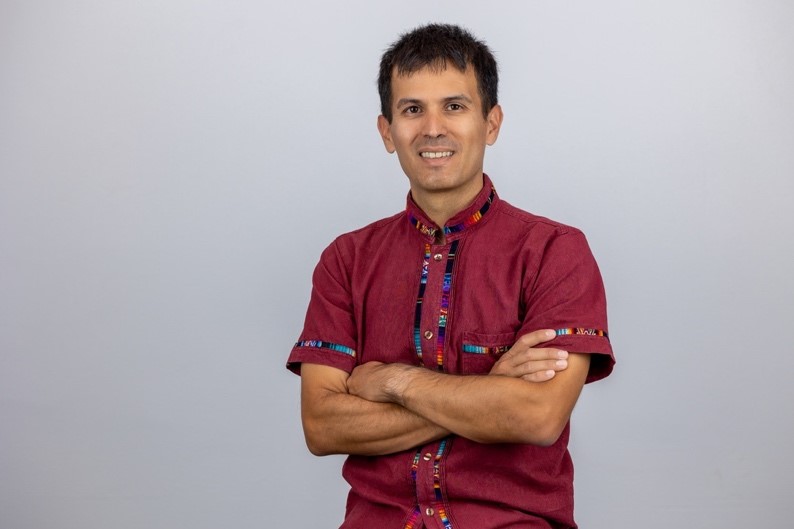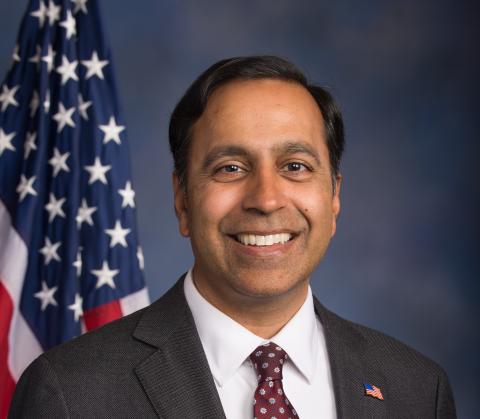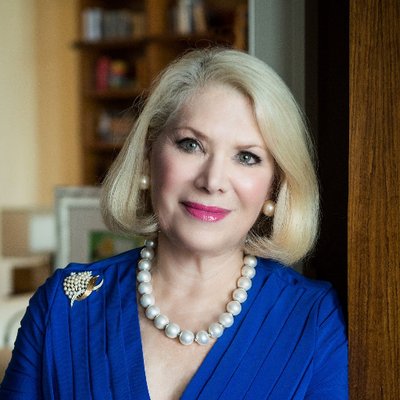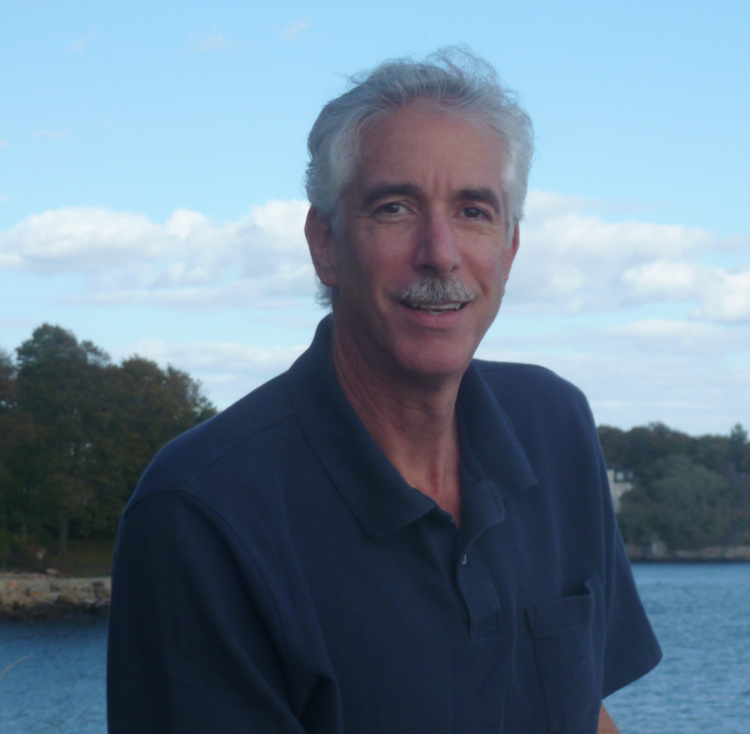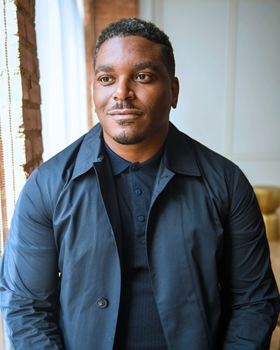- 2021
JOHN C. BRITTAIN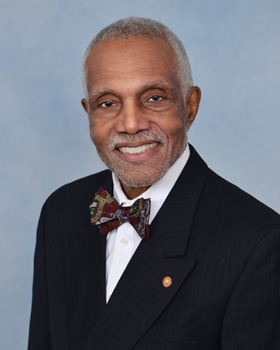
Olie W. Rauh Professor of Law
University of the District of Columbia
David A. Clarke School of Law
RACIAL AWAKING, RECKONING AND MINDFULNESS IN 2020
Wednesday, February 10th, 2021
5:00 p.m.
This will be a Virtual Lecture
Professor Brittain received his BA (’66) and his JD (’69) from Howard University. John C. Brittain joined the faculty of the University of the District of Columbia David A. Clarke School of Law in 2009 where he served as Acting Dean from 2018 to 2019. Prior to joining UDC Law, he served as Dean of the Thurgood Marshall School of Law at Texas Southern University in Houston, Emeritus Professor at the University of Connecticut School of Law where he served for twenty-two years, and a Chief Counsel and Senior Deputy Director of the Lawyers’ Committee for Civil Rights Under Law in Washington, D.C. Professor Brittain writes and litigates on issues in civil and human rights, especially in education law. Professor Brittain was one of the original counsel team in Sheff v. O’Neill, the landmark school desegregation case decided by the Connecticut Supreme Court in 1996. He has been president of the National Lawyers’ Guild, a member of the Executive Committee and the Board of the ACLU, and legal counsel to the NAACP at the local level and national office of the General Counsel.
- 2020
HIRAM H. LESAR DISTINGUISHED VISITING PROFESSOR
LAW AND DEVELOPMENT IN THE UNITED STATES: A NEXUS WITH CIVIL RIGHTS
Several decades have passed since the civil rights movement began. The movement achieved historic success owing to the efforts of so many who dedicated their lives to the call of justice and equality. This remarkable success has led to a more fair society that accords the legal protection of equal rights among different races, genders, and ethnic groups. Despite this important achievement, we still have a long way to fulfilling the full promise of the civil rights movement, which at its core lies the protection and promotion of equity and dignity of all people. For example, growing economic disparities that exist along racial lines and across the country pull us away from the ideals of the civil rights movement. Structural economic problems in the United States, such as chronic employment issues persisting in many regions and deepening economic polarization across the country, have exacerbated inequalities and social problems that divide the country. A fundamental change of paradigm is required to meet this challenge. These economic problems can no longer be overcome solely by individual efforts and self-reliance. The governments, including the federal, state, and local, must address them by facilitating economic development in our communities, in cooperation with the private sector, as has been successfully implemented elsewhere. Successful economic development that vitalizes economically depressed regions and bridges the economic gaps among us must be achieved before we can meet the objectives of the civil rights movement.
Thursday, April 2 at 5:00 p.m.
Lesar Law Building, Auditorium
Reception immediately following lecture in the Formal Lounge
Professor Lee is a scholar in law and development and an international trade lawyer. He is currently Director and Professorial Fellow of the Law and Development Institute and Hiram H. Lesar Distinguished Visiting Professor in Law, Southern Illinois University School of Law. He has also taught and conducted academic research at other leading universities throughout the United States, Europe, and Asia, including New York University, Emory University, Tulane University, the University of Sydney, and the University of Manchester. He graduated in economics with academic distinction from the University of California at Berkeley and received law degrees from the University of Cambridge (B.A., M.A., Ph.D). He is licensed to practice law in multiple jurisdictions, including United States (Attorney at Law: California, North Carolina) and United Kingdom (Solicitor of the Supreme Court of England and Wales).
Author of Reclaiming Development in the World Trading System (Cambridge University Press, 2nd ed. 2016), Safeguard Measures in World Trade: The Legal Analysis (Edward Elgar, 3rd ed. 2014), Microtrade: A New System of International Trade with Volunteerism Towards Poverty Elimination (co-authored, Routledge, 2013), and Law and Development: Theory and Practice (Routledge, 2019), Professor Lee has published over ninety academic articles, books, chapters, and shorter notes with leading publishers in North America, Europe, and Asia, in the areas of international economic law, law and development, development economics, comparative law, and international commercial arbitration. He has pioneered academic research on safeguard measures (emergency import restraint measures) under the World Trade Organization (WTO) system and developed the concept of “microtrade,” a new system of international trade designed to alleviate populations of the least-developed countries of extreme poverty. He has also developed the “general theory of law and development” which sets the disciplinary parameters of law and development and analyzes the causal mechanisms by which law impacts development. He is currently an associate editor of the Journal of World Trade and the founding editor-in-chief of the Law and Development Review. He has developed academic courses and programs, including the law and development specialization for Master of Laws (LLM) and Juris Master (JM) Programs and the Certificate / Diploma in Law and Development Program.
Professor Lee has participated in a number of bilateral and multilateral negotiations on international trade and investment at international forums such as the United Nations Commission on International Trade Law. He has appeared before WTO dispute settlement panels and the WTO Appellate Body as a government counsel, and advised national governments, international law firms, and consulting companies on international trade and development projects and major international commercial arbitration cases. He has frequently spoken on issues of international economic law, law and development, and the WTO at prominent forums including Harvard University Kennedy School of Government, the Johns Hopkins University School of Advanced International Studies, and the World Bank.
- 2018
Juan Carlos Linares, MBA, J.D., LL.M.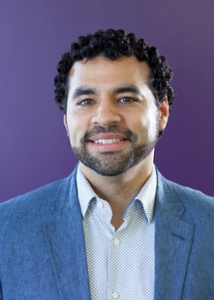
Executive Director of LUCHA
Chair of the Illinois Advisory Committee to the U.S. Commission on Civil Rights
Northeastern Illinois University's El Centro Campus Advisory Council
Lecturer of Law at the University of Chicago Law School.
"HOUSING AS A HUMAN RIGHT"
Tuesday, October 30, 5:00 p.m.
Lesar Law Building, Auditorium
Reception immediately following lecture in the Formal Lounge
Watch Linares Lesar Lecture here
Juan Carlos Linares builds community and advances housing as a human right. He is the Executive Director of LUCHA, a Chicago-based affordable housing development agency which offers housing counseling, foreclosure prevention and legal assistance to over 8,000 clients annually in the Midwest. Started as an organizing body of Puerto Ricans and other low-income families fighting displacement from their neighborhoods, LUCHA owns and operates 198 affordable housing units in Chicago’s Humboldt Park, Logan Square and West Town neighborhoods. LUCHA also recently built the first multi-family “Passive House” building in Illinois and completed a first-of-its-kind Health Action Plan for its Tierra Linda housing development along Chicago’s 606 Trail.
Juan Carlos currently serves as Chair of the Illinois Advisory Committee to the U.S. Commission on Civil Rights, which has most recently published reports on the issues of Hate Crimes, Environmental Justice and Voting Rights in Illinois. He has a mayoral appointment to the Chicago Low-Income Housing Trust Fund Board, and serves on the Boards of Urban Theater Company and The Woodstock Institute. He also serves on Northeastern Illinois University's El Centro Campus Advisory Council and is a Lecturer of Law at the University of Chicago Law School.
Juan Carlos holds an MBA from the University of Chicago Booth School of Business, a JD from DePaul University and an LL.M. in International Business Law from The John Marshall Law School. His BA in Sociology and Spanish is from the University of Illinois at Urbana-Champaign. For his work, Juan Carlos has been awarded the Friends of the Parks Lakefront Protection Award and the “Top Lawyer under 40 National Award” from the Hispanic National Bar Association among other recognitions, and he has participated in Fellowships with the Aspen Institute, The Chicago Community Trust and Leadership Greater Chicago, among others.
Juan Carlos’ parents immigrated from Peru (mother) and Guatemala (father) to achieve the American Dream in Chicago, and later settled in the west Cook County suburb of Bellwood where they raised their family. As human rights attorneys, Juan Carlos and his wife Monica have visited social justice institutions in 38 countries, and along with their two children reside on Chicago’s south side.
- 2018
Adam Weber, J.D.
International Criminal Tribunal for the Former Yugoslavia, Office of the Prosecutor, United Nations International Criminal Tribunal for the former Yugoslavia (UN-ICTY), Cook County State's Attorney's Office, Assistant State's Attorney
THE LEGACY OF THE INTERNATIONAL TRIBUNALS AND THE MLADIC CASE
Tuesday, March 27, 5:00 p.m.
Lesar Law Building, Auditorium
Reception immediately following lecture in the Formal Lounge
Mr. Weber is a distinguished prosecutor who has dedicated his career to serving communities in Illinois and throughout the world. His vast trial experience encompasses everything from street level narcotics cases to mass atrocities involving widespread ethnic cleansing campaigns. Most recently, Mr. Weber completed his service as a Trial Attorney before the International Criminal Tribunal for the former Yugoslavia (ICTY) where his efforts helped secure the conviction of General Ratko Mladić, the highest ranking officer prosecuted at the Tribunal.
Mr. Weber started his career in Chicago as an Assistant State’s Attorney in Cook County, Illinois. In Chicago, he built a reputation for fairness, excellence and integrity as a Special Prosecutor in the Narcotics Prosecutions Bureau and the Felony Trial Division of the State’s Attorney’s office. Through successive assignments, he honed his trial skills by handling a broad array of cases in Chicago’s high volume courtrooms and his efforts led to a series of convictions in cases involving gang-related crimes. The invaluable experience acquired by Mr. Weber as a county prosecutor in Illinois served as the foundation for his future service to the international community.
For the past ten years, Mr. Weber led prosecutions at the Office of the Prosecutor for the International Criminal Tribunal for the former Yugoslavia (ICTY), a special international court established to try those responsible for war crimes committed in the Balkans. During his time at the ICTY, Mr. Weber investigated and prosecuted several cases involving senior political, police and military officials and brought justice for countless victims throughout the former Yugoslavia. His first case at the Tribunal was the prosecution of Milan Lukić, a senior paramilitary leader who committed mass murders in the municipality of Visegrad, Bosnia and Herzegovina. Lukić’s horrific perpetration of violence against ethnic minorities were deemed to “exemplify the worst acts of inhumanity that a person may inflict upon others” and ranked high “In the all too long, sad and wretched history of man’s inhumanity to man.”[1]
Mr. Weber also served as a supervising prosecutor in the case against General Ratko Mladić. The trial of General Mladić resulted in one of the most notable convictions before an international tribunal for genocide, terror and crimes against humanity. During the Mladić trial, Mr. Weber oversaw the presentation of evidence pertaining to the forty-four month siege of Sarajevo and led substantial evidence related to the Bosnian Serb ethnic cleansing campaign committed throughout Bosnia and Herzegovina and the genocide committed in Srebrenica. His impactful examinations and closing arguments in the Mladić case captured world-wide attention.[2] Mr. Weber’s other notable prosecutions at the international level include the Head of the Republic of Serbia’s intelligence service for the ethnic cleansing of huge swaths of Croatia and Bosnia on behalf of the Slobodan Milošević regime.
Mr. Weber is also a former faculty member with the National Advocacy Center and former adjunct professor of Trial Advocacy at Chicago-Kent College of Law and Loyola University School of Law.
[1]https://www.icty.org/x/cases/milan_lukic_sredoje_lukic/tjug/en/090720_judg_summary_en.pdf
=[2] See e.g. https://www.apnews.com/7e788eceb1554d1aaa69e07851ad51d2; https://www.balkaninsight.com/en/article/ratko-mladic-terrorised-sarajevo-during-siege-prosecutors-12-07-2016; https://www.balkaninsight.com/en/article/mladic-s-witness-claims-genetic-superiority-of-serbs
- 2014
Erwin Chemerinsky
"The Supreme Court and Civil Rights on the 60th Anniversary of Brown v. Board of Education and the 50th Anniversary of the Civil Rights Act of 1964"
Thursday, March 27, 5 - 6 p.m.
Lesar Law Building, Auditorium
Erwin Chemerinsky is the founding Dean and Distinguished Professor of Law, and Raymond Pryke Professor of First Amendment Law, at the University of California, Irvine School of Law.
The Hiram H. Lesar Distinguished Lecture Series was established to honor founding Dean Hiram H. Lesar, whose many personal and professional concerns included an interest in civil rights. It is therefore fitting that, on the 40th anniversary of the law school he helped create, we take time to consider the legacies of two of the most fundamental civil rights events in our country’s history.
Before assuming his current position in 2008, Chemerinsky was a professor at Duke Law School, University of Southern California Law School, and DePaul College of Law. His areas of expertise are constitutional law, federal practice, civil rights and civil liberties, and appellate litigation. He is the author of eight books, including the forthcoming The Case Against the Supreme Court (Viking 2014), and over 200 law review articles. He regularly argues appellate cases, including in the United States Supreme Court, and also serves as a commentator on legal issues for national media.
He was ranked #1 in the National Jurist’s recent list of the “Most Influential People in Legal Education.”
- 2012
Advocates for the Innocent: Gordon (Randy) Steidel, death row exoneree; Michale Callahan, retired Illinois State Police lieutenant; John Hanlon, Legal Director of the Illinois Innocence Project. Listen to WSIU radio interview
- 2010
Sophie Lagueny, Chief of Party for the International Foundation for Electoral Systems (IFES) in Haiti, Reporting from Ground Level in Haiti
- 2009
Christopher Nugent, Senior Counsel with the Community Services Team of Holland & Knight, LLP, Washington, D.C. Highlighting the work that he & his firm are doing to assist Iraqi allies who are in peril for helping American soldiers.
- 2008
Eleanor Holmes Norton, Congresswoman for the District of Columbia on the latest efforts to give the citizens of the District of Columbia a voting member of Congress
- 2007
Hans Blix, Chairman of International Commission on Weapons of Mass Destruction, “Disarming Iraq: A firsthand account of the events leading up to the 2003 war”
- 2006
Honorable Priscilla Owen, U.S. Court of Appeals for the Fifth Circuit, “What Does the Future Hold For Our Court Systems?”
- 2005
Roger Cossack, ESPN Legal Analyst “The Role of the Media in High Profile Trials”
- 2004
Cheryl Brown Henderson and John Stokes, plaintiffs in Brown v Board of Education “Separate But Equal: The Plaintiffs’ Perspective on the Landmark United States Supreme Court Case, Brown v Board of Education”
- 2003
Justice Thomas L. Kilbride, Illinois Supreme Court Justice “Justice: A View from the Storefront Law Office to the Illinois Supreme Court”
- 2002
L. Douglas Wilder, Former Governor of Virginia “Civil Rights in America: One Lawyer’s Perspective”
- 2001
Kerry Kennedy Cuomo, Former Executive Director of Robert F. Kennedy Memorial “Speak Truth to Power”
- 2000
Nadine Strossen, ACLU President “Hate Speech on Campus”
- 1999
Stephen Bright, Director, Southern Center for Human Rights “A Privilege to Serve”
- 1998
Morris Dees, Co-founder of the Southern Poverty Law Center and Klanwatch “A Passion for Justice”
- 1997
Professor Sandra H. Johnson, St. Louis University School of Law “Physician Assisted Suicide: A Debate and Discussion”
- 1996
Professor Stephen H. Legomsky, Washington University School of Law “E Pluribus Unum: Casual Slogan or Enduring Value?”
- 1995
Professor Geoffrey Hazard, Jr., University of Pennsylvania“Morals, Ethics and Law”
- 1994
Professor Susan F. French, University of California School of Law, Los Angeles “Under the Umbrella? Or Under the Thumb? Of the Homeowners Association: Pleasures and Pitfalls of Living in Common Interest Communities”
- 1993
Professor John M. Finnis, University College of Oxford University, England “The Intrinsic Value of Human Life and the Right to Die — Reflections of Cruzan and Ronald Dworkin”
